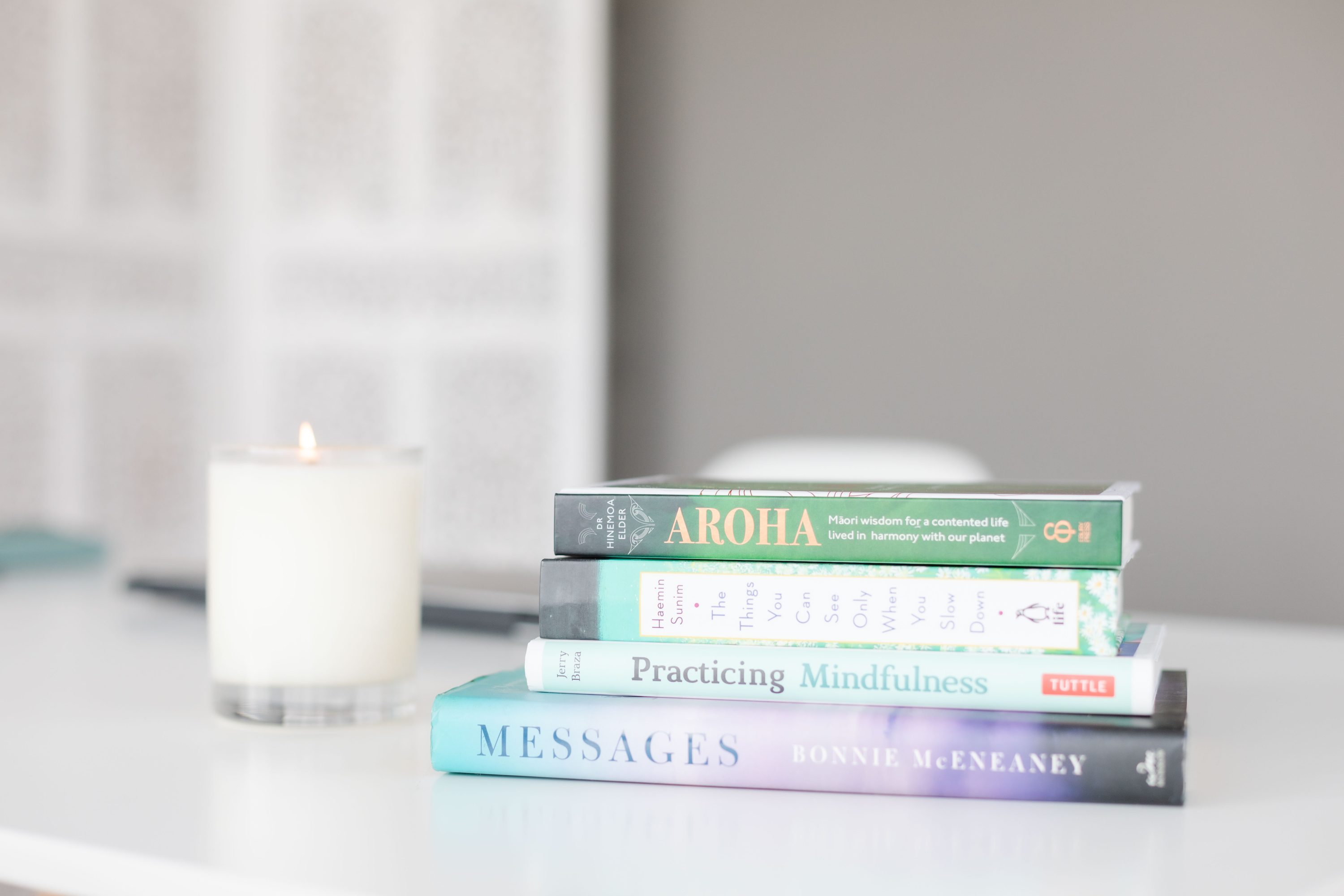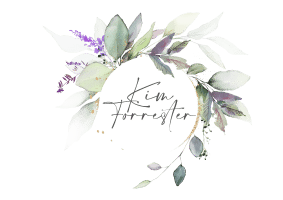Do you remember the word, convalescence?

Recently, I’ve been delving into the ways our over-scheduled, hyper-rushed lives are disconnecting us from the natural pace of being. And, for me, one of the most poignant and harmful ways we have let momentum override our natural tempo is in the space we allow for grief, emotional and physical healing, and psychological convalescence.
Nowhere is the unnatural urgency to heal and ‘get on with it’ more evident than in the amount of time we legislate to allow people to grieve the loss of a loved one. Around the world, in progressive and prosperous countries such as New Zealand, Singapore, Australia, USA and the UK, grief-stricken workers are entitled to 2 – 5 days of bereavement leave.
Read that again. In the same time span as a long weekend getaway, workers are supposed to be able to grieve their loss, process the pain, and regain their emotional equilibrium enough to get back to their duties.
These laws, while well-intentioned, reveal something troubling about our approach to healing: we’re still trying to quantify the unquantifiable and we’re trying to speed through the sacred. As if the depth of loss could be measured in a few calendar days.
Human beings are not algorithms. We’re not machines. We are layered, relational, and deeply affected by what we love and lose. When something shatters us – whether through bereavement, trauma, or emotional distress – we need more than time off. We need time in. Time to feel, to unravel, to reassemble. And we need a culture that understands this.
Thankfully, the tide is turning. Mental health is no longer hidden in the shadows. We’re seeing more open conversations (in workplaces, in media, among public figures) about anxiety, depression, bipolar disorder, and burnout. This visibility matters and it’s the first step toward a kinder, more emotionally literate society.
But visibility alone isn’t enough. We need to change the rules of the game. That means rethinking how we support emotional healing – not just in policy, but in practice. Yes, we need flexible leave options in our workspaces. But we also need communities that recognise that people emerge changed after loss and grief. That healing doesn’t end when the leave does, or the well-wishers have stopped arriving at the door. That healing is not linear, and recovery doesn’t follow a neat timeline.
We need a society where expectations are softened, and compassion is woven into the fabric of daily interactions.

This isn’t just a moral imperative; it’s a human one. When we honour emotional healing, we honour the natural process of life. We say: You matter. Your pain matters. Your process matters.
And it’s not just about grief. Emotional healing includes the slow work of overcoming burnout, recovering from trauma, navigating heartbreak, or simply recalibrating after a season of overwhelm. These experiences don’t fit neatly into a sick leave form or short wellness retreat. They require spaciousness. They require trust.
So how do we begin to shift the culture?
We start by naming the truth: healing takes time. We stop pretending that emotional pain is a personal inconvenience and start recognising it as a natural part of being human. We build policies that reflect this truth, and we cultivate environments – at work, at home, in our communities – where people feel safe to heal without shame.
We also learn to honour our own rhythms. To listen to the quiet signals of our bodies and hearts. To resist the urge to “bounce back” and instead ask, What do I need right now? Sometimes, the answer is rest. Sometimes it’s ritual. Sometimes it’s retreat, and sometimes it’s simply being witnessed.
October, with its longer shadows and in the north and joyous rebirth in the south, invites us into this natural rhythm. It reminds us that healing is seasonal and that we too are allowed to let go, to pause, to mend, and re-emerge when all the elements of our environment are beneficial.
So, if you’re in a season of emotional healing, know this: you’re not behind. You’re not broken. You’re simply human. And your healing deserves time, space, and tenderness.
Let’s build a culture that makes room for it.
Many of us, in our modern lives, have become disconnected from the concept of natural timing and life’s innate rhythms. Throughout late 2025, I am exploring what it means to have a healthy relationship with time and the natural cadence of life. This month, I am exploring the importance of slow healing and finding hope for the future . Join me on Instagram or Linkedin for regular updates and insights.
